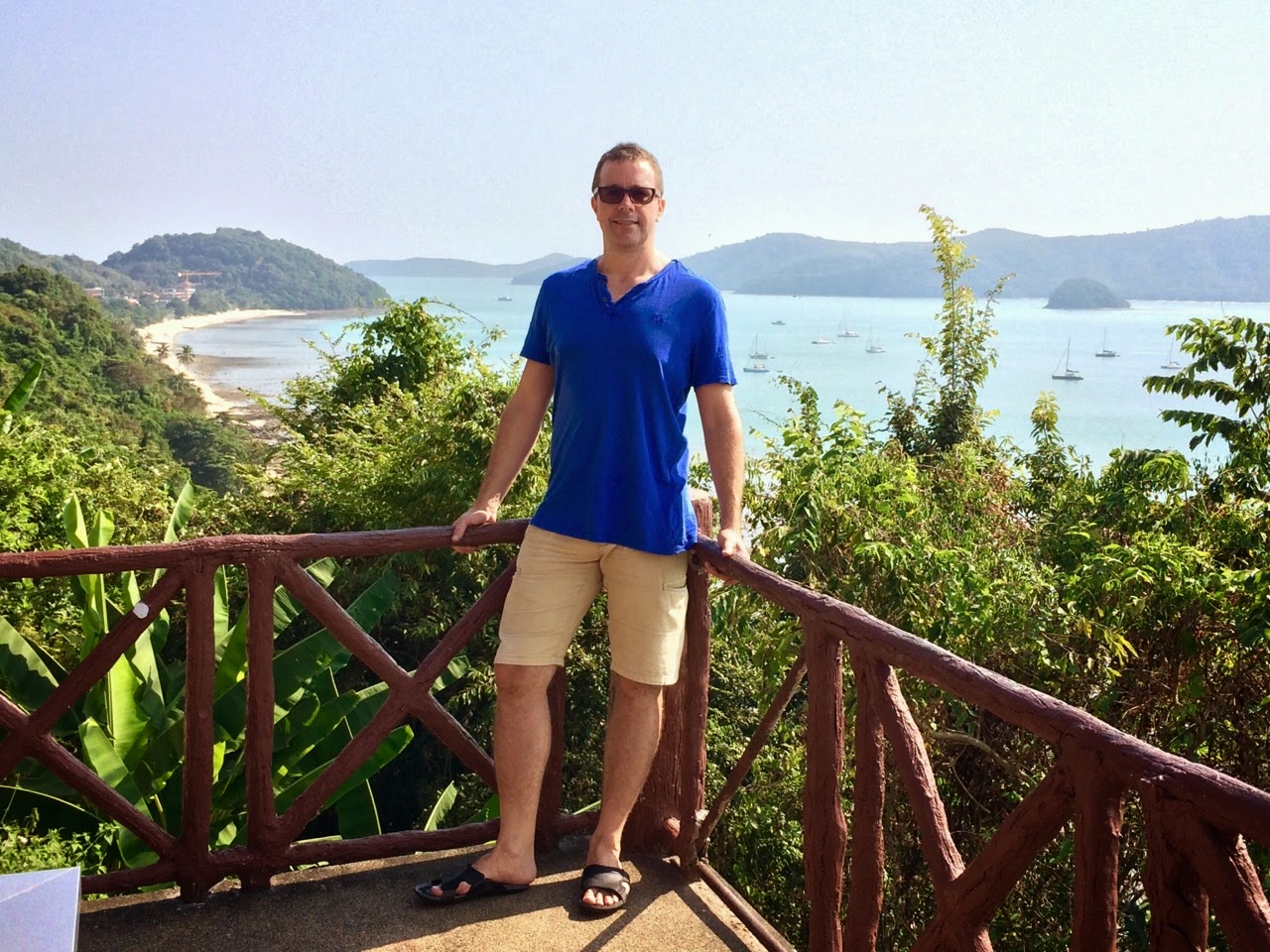What is a VPS?
A Virtual Private Server is a "virtual computer" that runs somewhere in a "server farm"
and has reliable fast internet and reliable power, 24 hours a day, 7 days a week.
Simply put, it's like renting a computer that you can log into any time you want, from anywhere, and it's much cheaper than buying a dedicated computer!
You simply use Remote Desktop Client (RDC), a program that you comes with Windows, can be downloaded with Android, and yeah, you can get it for apple products too.
All you do is provide the IP address of your Forex VPS, which your VPS host assigns you and then you are logged in and looking at another computer from your desktop.
Here is what it looks like:
 |
| VPS Login |
 |
| Logged In |
 |
| VPS Full Screen |
As you can see, I windowed the VPS so you can see my computer's desktop with MetaTrader open, and the VPS logged in with a second Metatrader login.
Of course you can Maximize the VPS, in which case it will simply take over your desktop.
Forex VPS Advantages
You might think that keeping your computer on 24x7 is just as good but the problem is that your computer will suffer from power outages, internet outages, router problems, and if you use it while trading, you might crash it or performance will decrease.With a Forex VPS you can simply leave your trading platform running 24x7 and log in at any time, worry free, knowing you are safe from power outages, power surges, internet outages, and performance issues.
You can log into your Forex VPS from anywhere in the world and continue where you left off.
At one point I had 6 computers running at home dedicated to Forex and the biggest problem I had were power surges and internet issues at the absolute worst times.
When you are traveling or are away from your home, you can rest assured you can log in at any time and continue your trading.
You can set up alerts, use trailing stops, and run Expert Advisors (EAs) to alert you of trade conditions. I have a Forex Robot running 24x7 that Monitors my Trades and alerts me of conditions I have programmed.
The cost is quite low, much lower than buying a dedicated trading laptop.
For more information about Forex VPS Hosting Click Here







